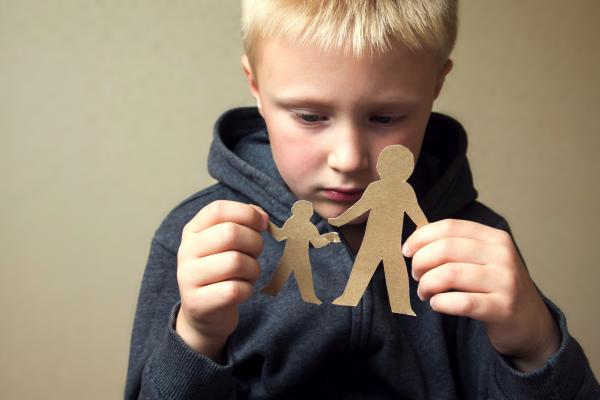Dec 30, 2015
Undergirding Tripp’s parenting book is a theological assumption of the nature of the child and the role of the parent. All of his chapters and discussions on methods of discipline and instruction are predicated by the framework of where the child is in relation to the parent. A good storyteller (and marketer) knows to introduce a problem in order to then supply the solution, which Tripp does successfully. According to Tripp, the problem begins the fact that a child’s heart is oriented towards evil. The solution to this problem is for parent to, acting as a representative of God, bring the child back into the “circle of blessing.”
Read the Full Article

Already a subscriber? Login
